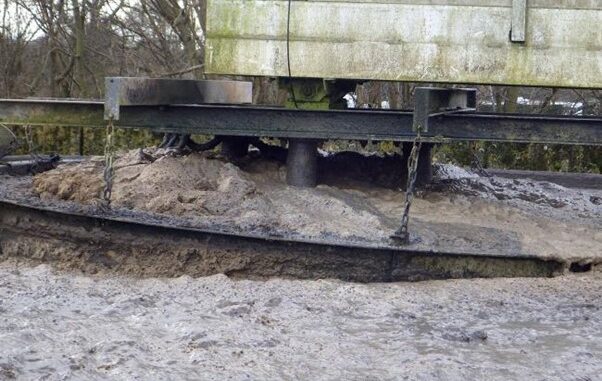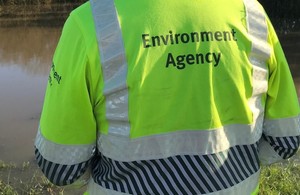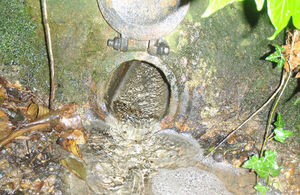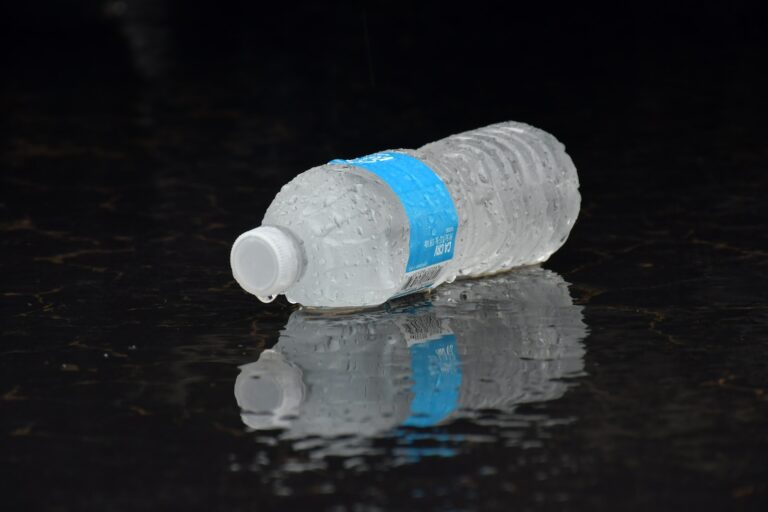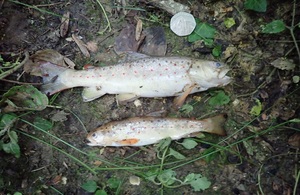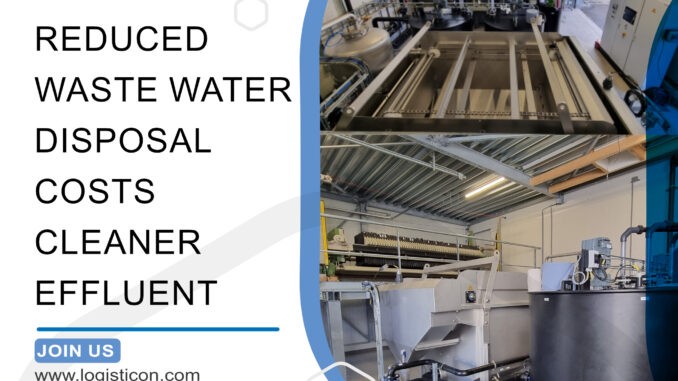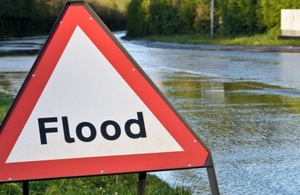The nation’s worst corporate polluters should face fines that put a “major dent” in their bottom lines and have their bosses jailed, the Environment Agency has said.
Chief executive Sir James Bevan has set out his vision for post-Brexit regulation, arguing for higher standards, tougher punishment for rule-breakers and industries shouldering more of the cost burden of regulation.
He also said good regulation helped with levelling up, as poorer and more diverse communities were affected by a lower quality environment, which hit their wellbeing and life expectancy.
In a speech to the Westminster Energy, Environment and Transport Forum conference on Tuesday, he said he wants to see changes that would see regulators “speak softly” at first but ultimately carry a bigger stick.
His comments come amid anger over environmental problems such as the state of England’s rivers, which the parliamentary Environmental Audit Committee said were suffering a “chemical cocktail” of sewage, agricultural waste and plastics.
Southern Water was handed a record £90 million fine for 6,791 unpermitted sewage discharges last summer, while the Environment Agency and watchdog Ofwat have launched a major investigation into sewage treatment works.
Sir James said EU environmental regulation, much of which was written by the UK, had done a lot of good in areas such as water quality, air quality and waste, and what worked should be kept.
But some of the EU legislation was old, not designed for the UK and “pretty prescriptive”, he said.
The new approach needs to set higher standards, address the climate emergency and set out more clearly what goals need to be achieved by when, such as healthy water quality in all English rivers by 2030.
Under the new model “the regulators would speak softly, at least at first”, and assume businesses and farmers had good intentions until it was shown otherwise, he said.
“But not every operator has good intent, so the future model I’d like to see would also carry a much bigger stick.
“It would make regulated industries pay the full cost of their regulation. They currently don’t. Quite a lot of it is subsidised by the taxpayer.
“It would make them pay the full cost of repairing any damage they do to the environment. They currently don’t do that, either.”
Under the agency’s plans, there would be “much tougher punishment for the biggest and worst polluters.”
Sir James said: “In cases of extremely harmful and reckless pollution – and we’ve seen far too much of that in the last few years – that would include fines so large they would put a major dent in companies’ bottom lines and sentences that would put their bosses in jail.
“That would greatly concentrate the minds of boards and chief executives and have a powerful deterrent effect.”
Good regulation needs the right funding, with a “strong case” for increases in government grants and the charges applied to regulated businesses, he said, though he added he was not trying to lobby for more money.
But a relatively small amount of money can make a big difference, he said, such as the £30 million and new powers the Environment Agency received to tackle waste crime in 2018, helping it shut down hundreds of illegal sites and prevent exports of waste.
He said: “We know that poorer and more diverse communities experience a lower quality environment, whether that is via air, water, flooding or access to nature, and have a poorer quality of life and lower life expectancy as a result.
“Good regulation is one of the best ways of levelling up.”
He added: “However differently we think, however softly we speak, and however big the stick we carry, let’s remember the point behind all of this: to be the first generation to leave the environment in a better state than we found it.”
Source: Ardrossan & Saltcoats Herald, 18th January 2022

